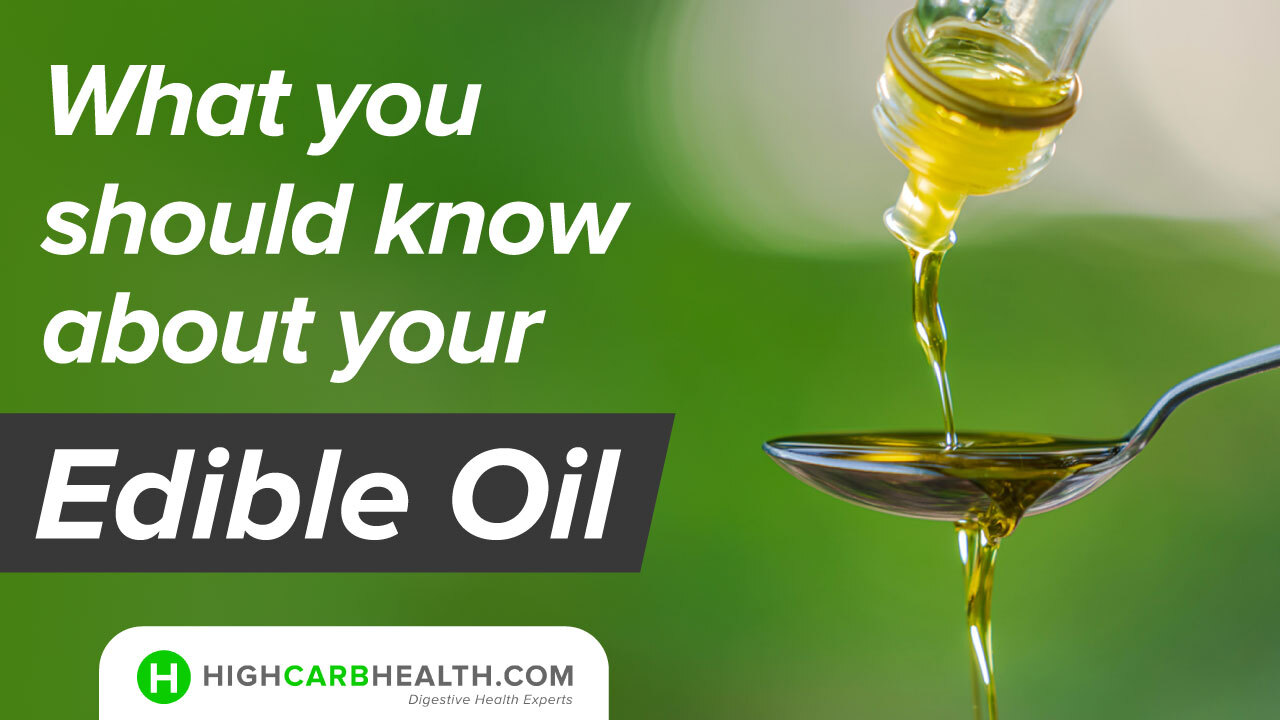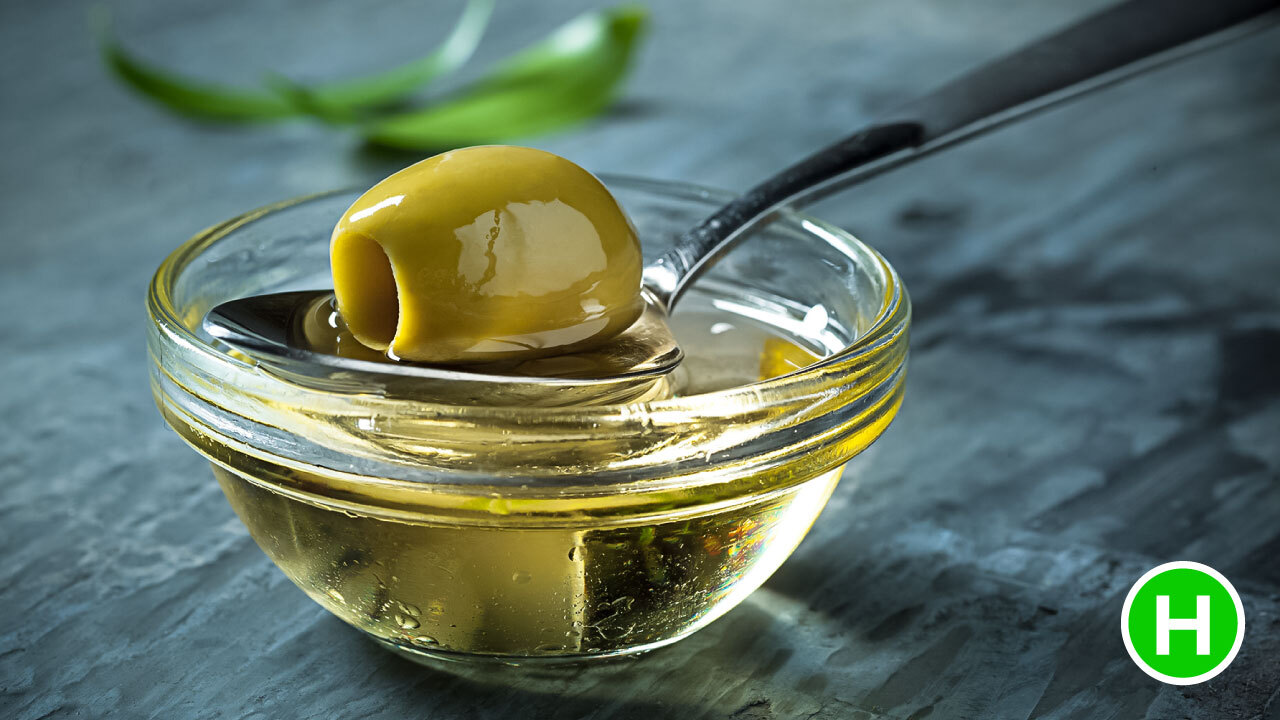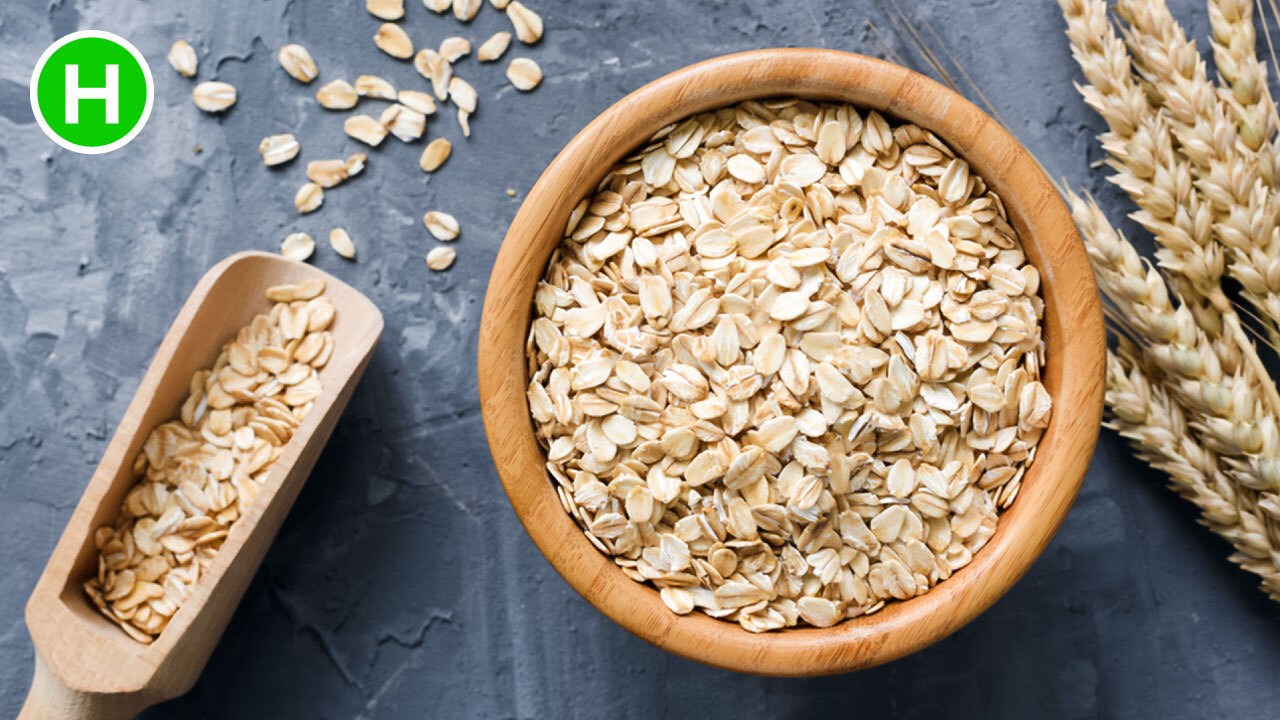
For centuries we have been cooking food in order to make it more palatable and add some flavour to food. Although this has been a commonly followed practice for a long time, it does more harm than good. While the advertisements you see and the people around you promote the notion is that some oils are healthy, studies suggest that this might not be the case.
A Whole Food plant-based diet promotes the consumption of minimally processed plant foods. As oil is a processed or refined food, it is not recommended on a whole food plant-based diet. This is because there are several downsides to using edible oils to cook food before consumption. There are several health impacts on oil consumption. For people who suffer from long-term illnesses such as Ulcerative Colitis and Crohn’s, it is essential to avoid overt fats and oils food due to all these disadvantages. Here are some of the ill effects of using edible oil in your food-

One of the worst aspects of cooking food in oils is that oil does not contain any nutrients that are advantageous to your body. One tablespoon of oil (20ml) contains 160 calories. Vegetable oils contain very few nutrients. Most have some vitamin E but virtually zero protein, iron, calcium, dietary fiber, and very little omega 3 fats. The extraction of oil from olives, seeds, etc is a form of food processing that removes most of the nutrients: this includes cold-pressed oils. This means that if you were to cook one bowl of pasta, the oil required to cook it would be equivalent to another serving of the same delicacy.
Most oils are high in omega-6 and low in omega-3. This means they have the incorrect omega-6 to omega-3 ratio, which in turn makes the absorption of omega-3 in the body more difficult.
Cutting down our fat consumption, starting with oils and processed foods, and eating more of a low-fat, whole-food plant-based diet does a number of good things with omega-3s:
● reduces drastically omega-6s intake => omega-3s have less competition => more omega-3 converted and used
● increases the intake of omega-3s (healthy fats like omega-3s, just like protein, are everywhere in low-fat, unprocessed plant foods)
● increases the nutrient intake => the enzymes rely on those nutrients (co-factors) to convert ALA omega-3s into EPA and DHA.
● For reasons unrelated to omega-3s, you’ll feel energetic, lose the extra pounds, and prevent or reverse illness. You wouldn’t read this article and wouldn’t have an interest in supplements if you didn’t to some extent value your health, would you?

Cooking Destroys Nutrients
Oil adds no nutritional value to the food and tends to contribute to the fat intake, thereby causing several health complications such as obesity and heart conditions. Not only this, the heat produced while cooking food, tends to break down food and cause a chemical change which is equivalent to denaturing. Denaturing happens in two ways.
One of these aspects is the denaturing of food that gets broken down into other compounds causing the loss of nutrients. It also denatures your taste buds because you are consuming less palatable food.

Fat Soluble Nutrients
One of the most common arguments made in favor of the consumption of oil is that the nutrients which are fat-soluble will not be absorbed by the body if there is a lack of fat or more specifically oil in the food. However, this narrative was first put forth by companies that made salad dressing in order to sell their products. Studies suggest that very little fat is actually required for the body to absorb nutrients like Vitamin A and that most patients who suffer from a Vitamin deficiency do so because there is a lack of vitamins in their diet, instead of a lack of fat.
The fat that is required by the body to absorb important nutrients is only about 2.4g. This means you can get sufficient fat from your meal if your meal includes whole grain such as oats or rice.
The Nutrients we Need
Some oils such as vegetable oils and Olive oils are considered healthier alternatives to other forms of edible oil. This is because vegetable oils and olive oil are considered to be rich in Vitamin E. However, they have lower vitamin E than the vegetables that they are sourced from, making these whole food plant-based items healthier to consume than oil.
Another misleading belief is that olive oil has a high number of polyphenols. Extra virgin olive oil is thought to be a great source of polyphenols. However, just like vitamin E, there are sufficient sources of polyphenols in a whole food plant-based diet that can easily replace olive oil. These foods are-
- Flaxseeds
- Strawberries
- Blueberries
- Spinach
Extra virgin olive oil contains just 2.5g polyphenols for every 100 calories consumed. Whereas flaxseeds, blueberries, strawberries, and spinach have 286, 904, 1077, and 496g of polyphenols per 100 calories respectively.
There is enough evidence to support the statement that no oil, whether it is derived from seeds, vegetables, or olive oil is beneficial enough to be a part of a healthy diet. Those who want to lead a healthy lifestyle and tackle long term illnesses such as obesity, heart conditions, Ulcerative Colitis, and Crohn’s Disease should follow a whole food plant-based diet and avoid the consumption of oil as much as they can.
